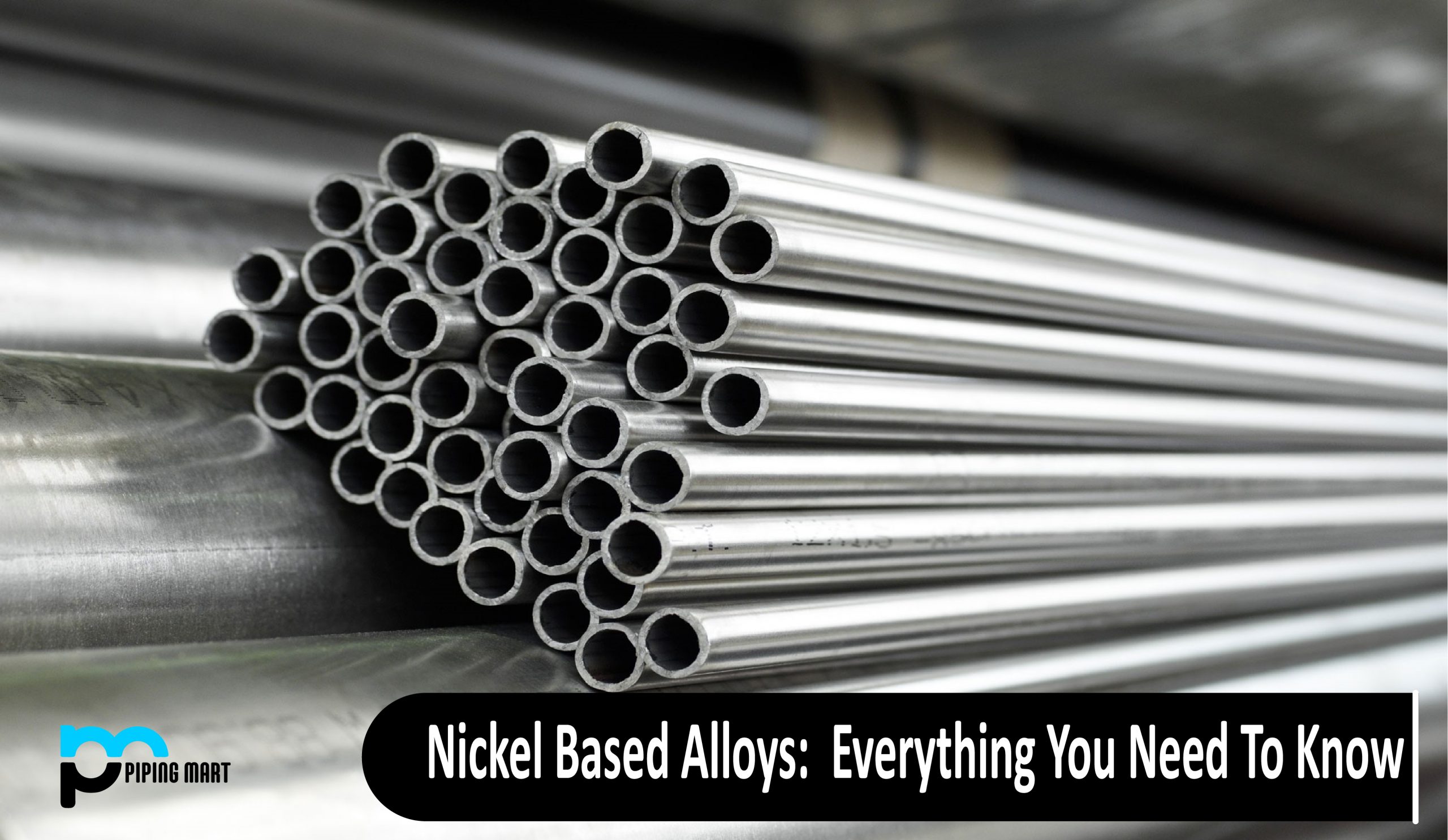Super alloys, also known as high-performance alloys, include nickel-based alloys. These alloys are not only corrosion and oxidation resistant, and they’re also stronger and stiffer, as well as corrosion resistant at higher temperatures, making them an excellent choice for welding applications. Nickel-based alloys are materials made primarily of nickel with just few other alloys thrown in for good measure. The corrosion resistance and strength of Ni-based alloys are well known. Due to their superior heat resistance, they are frequently found in high-temperature environments.
Due to their outstanding strength, heat resistance, and corrosion resistance, nickel-based alloys are also identified as Ni-based superalloys. Since nickel acts as a stabilizing agent for austenite, the face-centered crystal structure is a unique characteristic of Ni-based alloys. Chromium, cobalt, molybdenum, iron, and tungsten are common chemical elements added to nickel-based alloys.
Although nickel-based alloys can be used in any industry, the majority of our customers who use them do so because they want the best corrosion resistance in oxidizing environments. The addition of molybdenum and chromium results in an alloy that is arguably one of the toughest on the planet. When you raise the temperature, some alloys lose their corrosion resistance, but nickel-based alloys do not. They’re also incredibly ductile and simple to work with.
There could be hundreds of applications of Nickel-Based Alloy. But some of the main and highly used are: –
- Defense, especially marine applications
- Energy generation
- Gas turbines, both flight, and land-based, especially for high-temperature exhaust
- Industrial furnaces and heat exchangers
- Food preparation equipment
- Medical equipment
- In nickel plating, for corrosion resistance
- As a chemical reaction catalyst
One of the huge benefits of nickel-alloy pipes is their unbelievable resistance to a variety of corrosion. This includes oxidizing media, which can be produced in a wide range of industrial settings. Nickel is naturally corrosion-resistant because it takes much longer to oxidize at room temperature. Reduced media, aggressive chemicals, and seawater are all resistant to high-performance nickel alloys. Nickel alloys have mechanical properties that make them appropriate for industrial use. They have a low rate of thermal expansion, for example. When a material is exposed to high temperatures, it expands, changing the area, volume, and shape of the material.

Pipingmart is B2B portal specializes in industrial, metal and piping products. Also, share latest information and news related to products, materials and different types grades to help business dealing in this industry.




